Human Trafficking as an Affront to Human Dignity and Human Rights:
A Perspective from Africa
El Escorial – Spain, 17 June 2024
Presentation by: Reverend Monsignor Bernard Munono Muyembe, PhD
Hosted by The John J. Brunetti Human Trafficking Academy and organized by Dr. Roza Pati, the students and faculty of the Benjamin L. Crump College of Law studying in Spain had the opportunity to listen to a presentation by Dr. Rev. Msgr. Bernard M. Muyembe on human rights and human trafficking in the African continent.
Dr. Roza Pati, Director of The John J. Brunetti Human Trafficking Academy introduced Dr. Muyembe as someone who has been in service of the Holy See since 1994, in the Pontifical Council for Culture, the Pontifical Council for Justice and Peace, and the Dicastery for Promoting Integral Human Development. He has participated in numerous meetings and congresses throughout the world, in Africa, America, Asia, Europe and Oceania. His work experience further includes professorships: Professor of Philosophy at a Minor Seminary and a Major Seminary in the DRC; Assistant Professor in the Department of Moral Theology at the University of Fribourg (Switzerland); Visiting Professor of Philosophy at the Ecole de la Foi (Fribourg, Switzerland); and Visiting Professor at the Higher Institute for the Study of Non-Belief, Religion and Cultures at the Pontifical Urban University, Rome, Italy.
Dr. Muyembe started his presentation with a reflection on his early years of life in the jungle, where he learnt to know the value of all God’s creation, of nature and of people who were left behind and had no visibility. He then focused on specific routes of the African migrations and the accompanying problems: violations of human rights and fundamental freedoms.
His particular analysis on trafficking in persons in the African continent encompassed issues of “human being as a negotiable commodity in the market,” and “the degradation of the person treated as an object, violated in humanity, dignity and freedom,” as well as the lamentable “lack of freedom and submission of the human person to the control of his fellow man,” in forced labour, forced prostitution and other forms of sexual exploitation, forced criminality, and forced participation in conflicts, particularly of children. He noted that descent-based slavery persists in some African countries, because it is deeply rooted in the local culture in countries like Niger, Mali, Mauritania and Senegal, especially in rural areas. Organ trafficking is rampant particularly in North and West African countries. With migrants selling their organs to pay the price of their crossing of the Mediterranean Sea to reach Western Europe. Citing multiple sources, he emphasized that “the phenomenon, is made easier by the use of the Internet for the conclusion of transactions between sellers and buyers of organs. Eritreans, Sudanese, Somalis and Malians are the most vulnerable, in places where migrants pass such as the Sinai and Sahara deserts. Some of the organs acquired in Africa are transported out of the continent, including to China where they are traded at a high price, especially the male genitalia.” Among the specific groups at risk, Dr. Msgr. Muyembe brought up the albinos. “Another group that is most vulnerable to organ trafficking, in addition to migrants and the poor social strata in rural areas, are albinos, because of the popular belief that organs of albino’s bodies bring happiness when used in black magic,” a local cultural element he emphasized needs to be addressed further.
After presenting the problem, in the African continent, Dr. Msgr. Muyembe discussed specific root causes particularly highlighting poverty, protracted conflicts as breeding ground for trafficking, “mismanagement of natural resources for the well-being of a small ruling oligarchy, interest groups and multinationals, not to mention authoritarian regimes and the persecution of opponents, nepotism, tribalism, ethnocentrism, regionalism and clientelism that do not promote the harmonious development of the country.” Of particular interest to the audience was his discussion of cultural causes that keep women and girls “vulnerable to human trafficking insofar as they are already weakened by certain customs, such as: female circumcision, polygamy and polyandry, early marriage, ritual marriage, widowhood rituals and levirate, and high dowry that weaken their social position and predispose them to vulnerability from an early age, not to mention girls who drop out from school;” children as vulnerable because of child fosterage (placement of children outside of the home); control over trafficked women and girls by resorting to certain magical-religious practices such as woodoo (or ju-ju).
Another topic of his presentation related to ethical challenges of human trafficking, highlighting the denial of identity and dignity of the human person, deprivation or limitation of liberty, violation of human rights, greed, consumerism, moral erosion and the loss of ethical benchmark, poverty and social injustices. “In short, it is about lack of integral human development.” But, he said, there are also many best practices in the fight against trafficking in persons, efforts of many who “commit to giving back [the] stolen humanity to the victims of trafficking, and to get [their] hands dirty to defend the lives of those whom Jesus calls ‘the least of these my brothers’ (Matthew 25:40), the defenceless and voiceless (cf. Pope Francis inviting to touch the suffering flesh of Christ, in our brothers and sisters) whose humanity is disfigured every day and who ask: ‘Am I still a human person’? This question should leave no one indifferent.”
Dr. Rev. Msgr. Muyembe concluded his presentation with a call:
“Each of us can join this fight. Starting with the awareness of ourselves about what we consume, because in a production or supply chain there can be hidden so much misery, so much inhumanity and violations of human rights that disfigure universal fraternity. ‘Where is your brother?’ God asked Cain. Today he asks the same question to each one of us, as a challenge and task. ‘Where is your brother?’ is not just a question, it is an ever-timely commitment.”
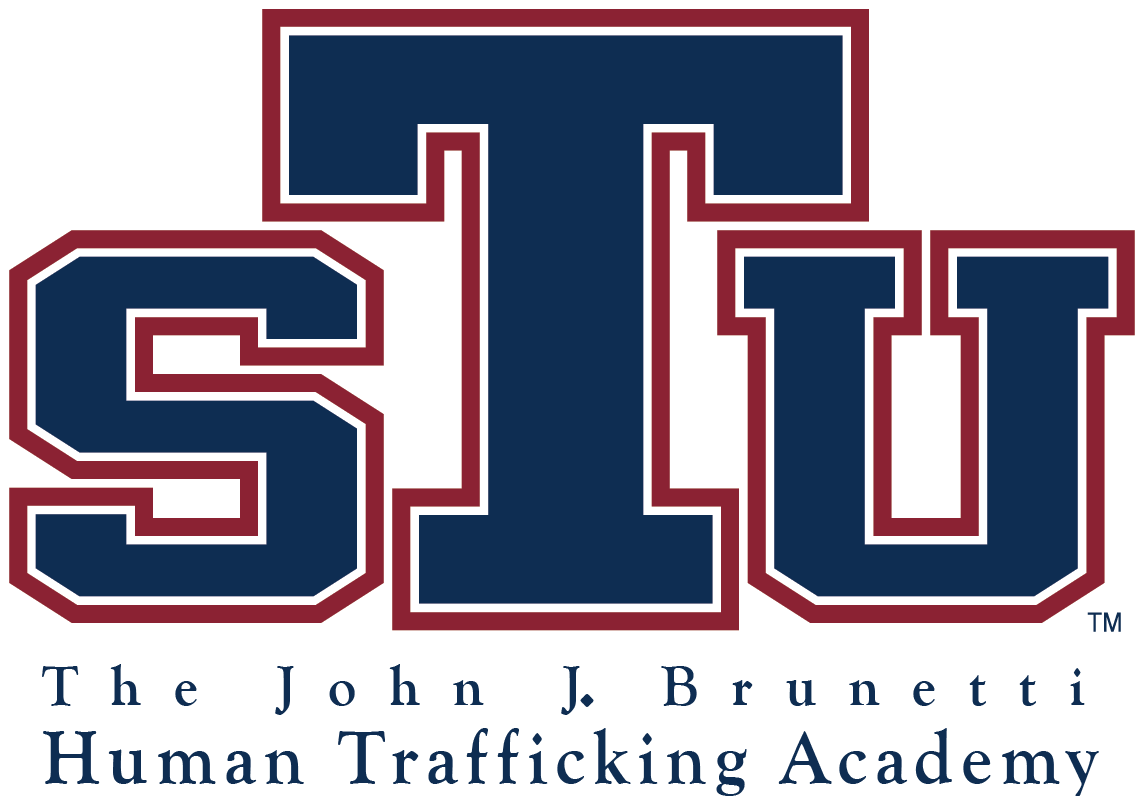








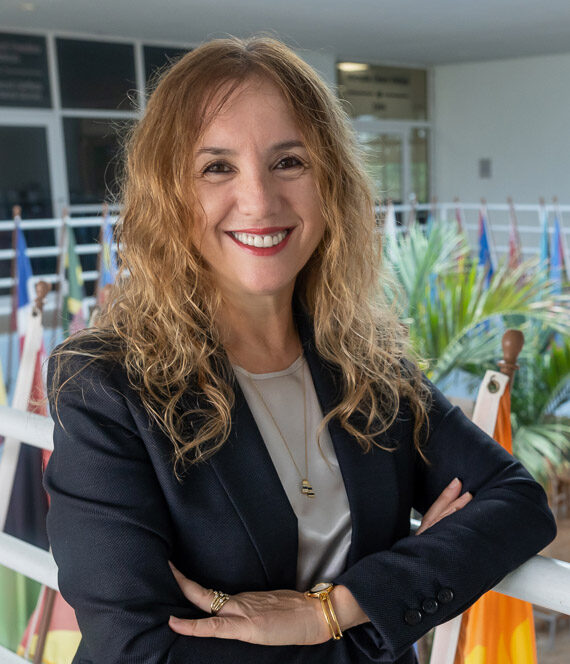 Prof. Dr. Roza Pati
Prof. Dr. Roza Pati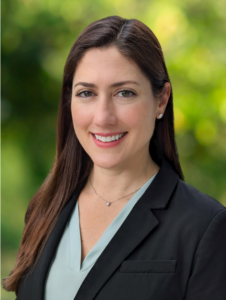
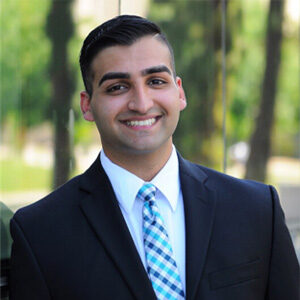
 Professor Brendan M. Conner
Professor Brendan M. Conner  Professor Linh K. Dai
Professor Linh K. Dai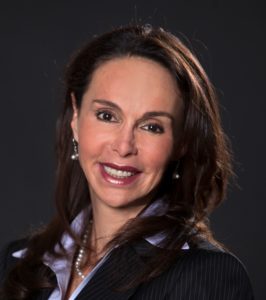
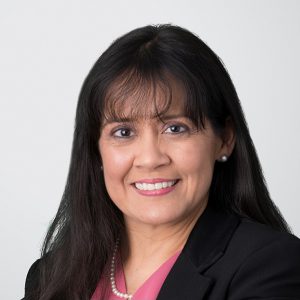

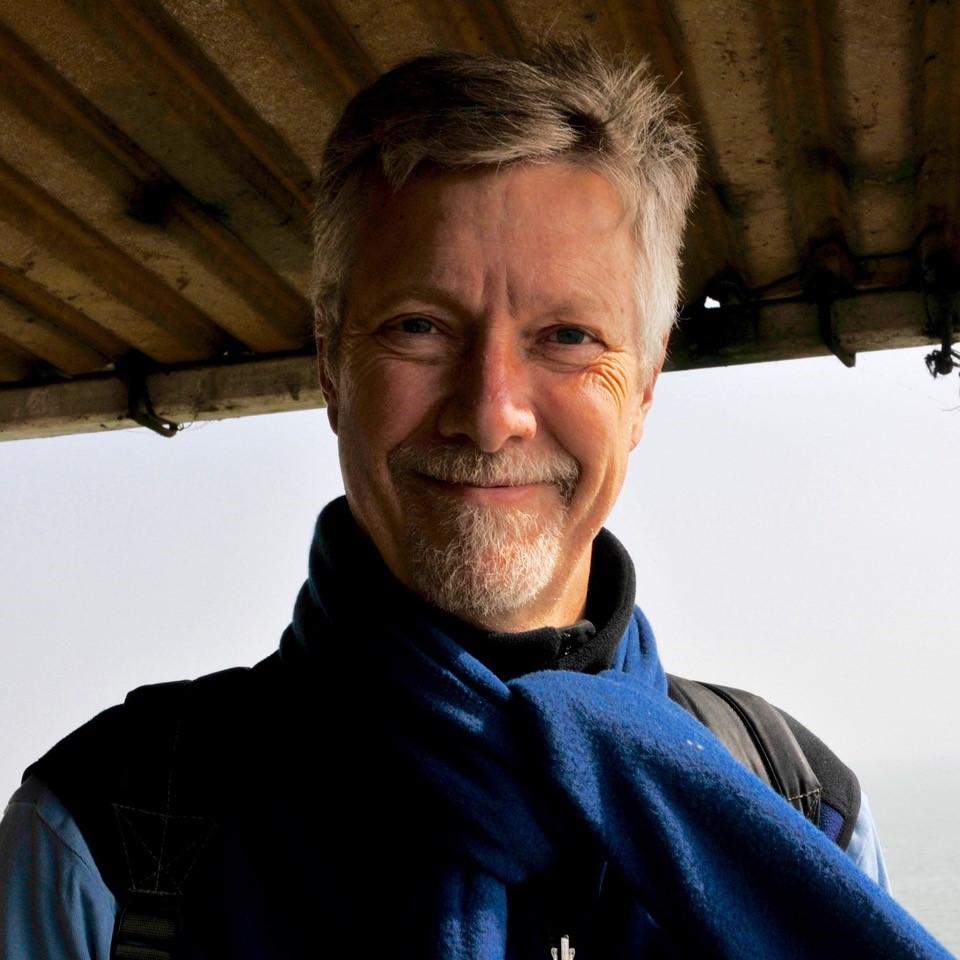
 The Honorable Bella Hounakey
The Honorable Bella Hounakey
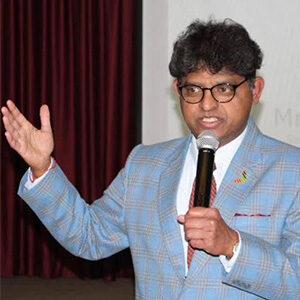 The Honorable Harold D’Souza
The Honorable Harold D’Souza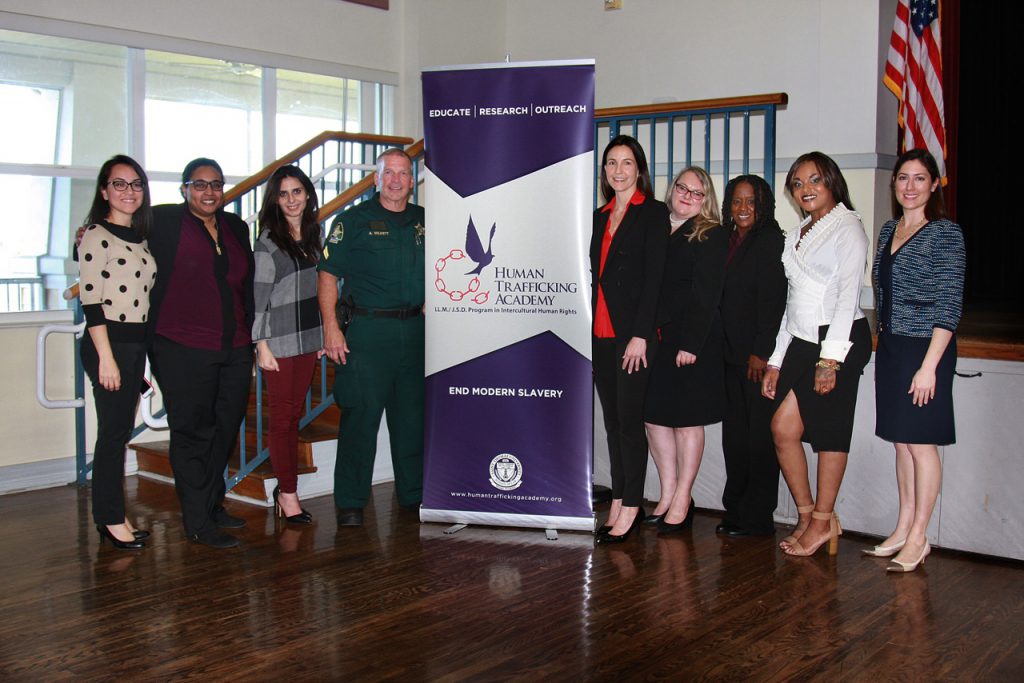
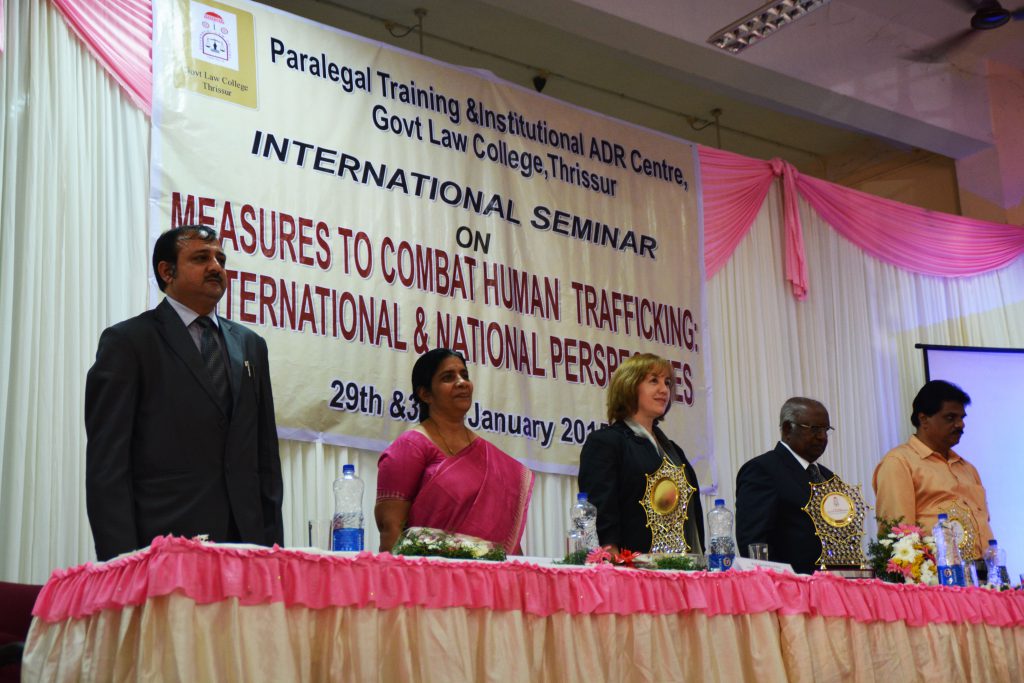
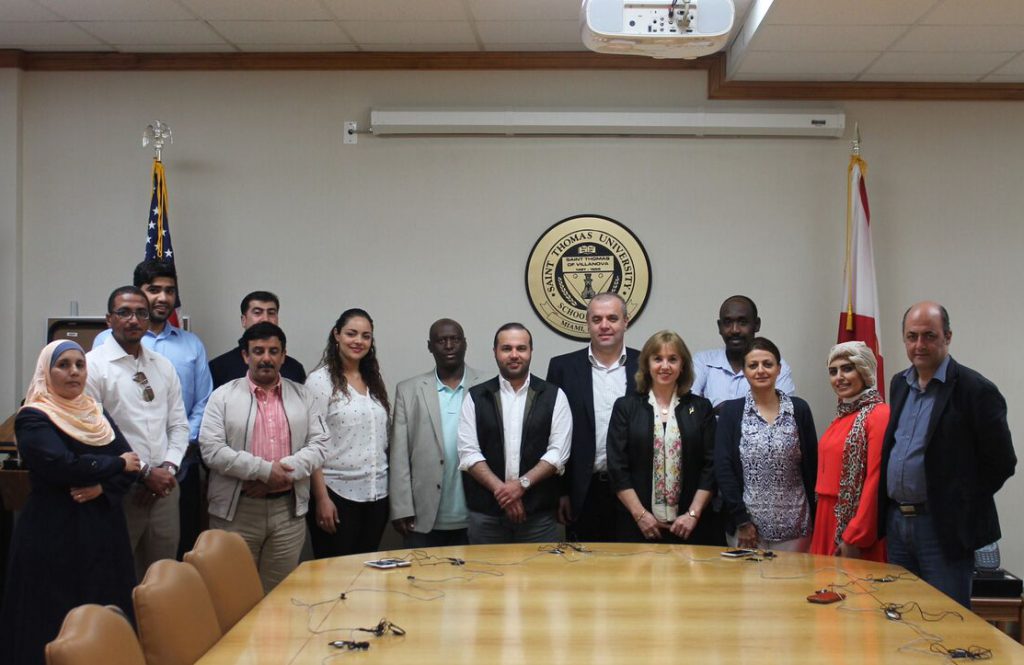
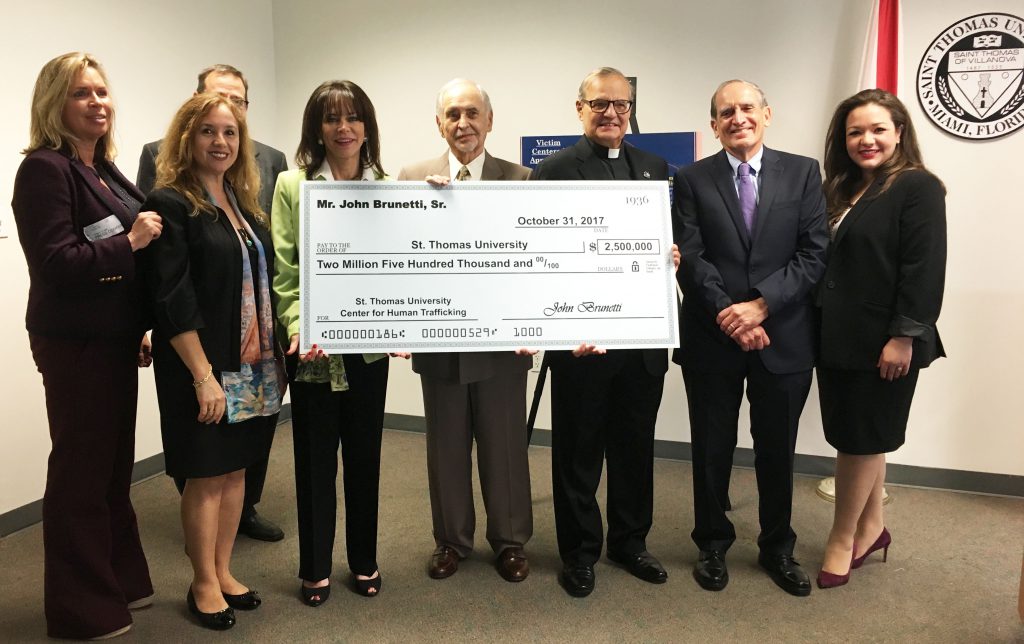
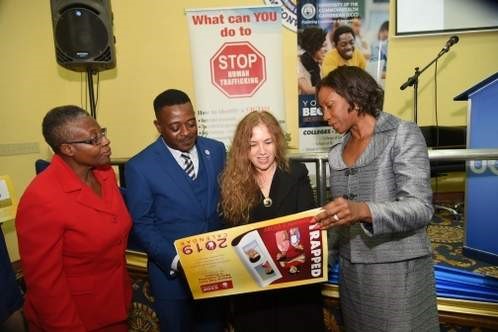
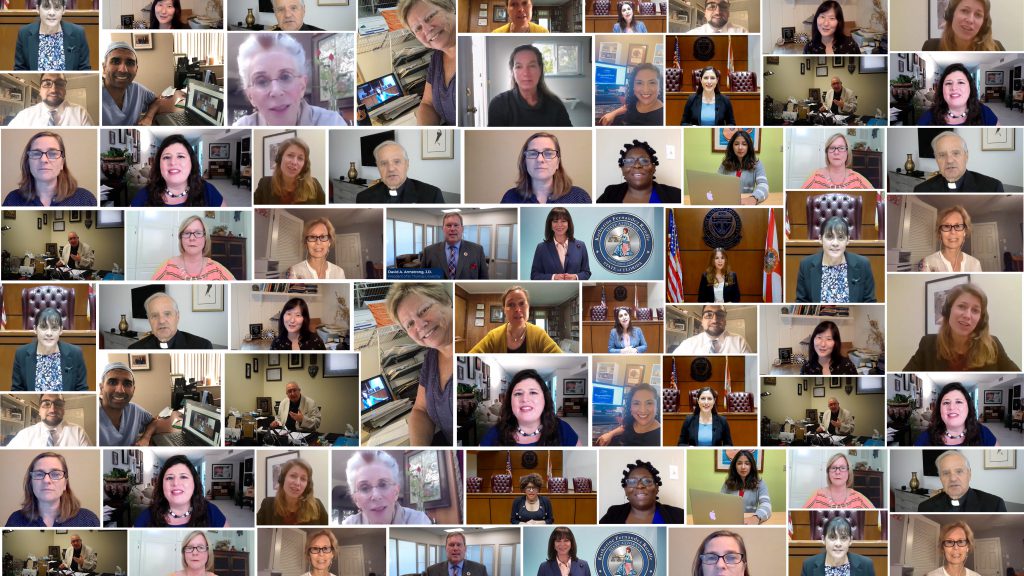
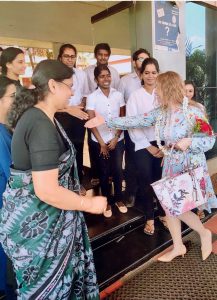
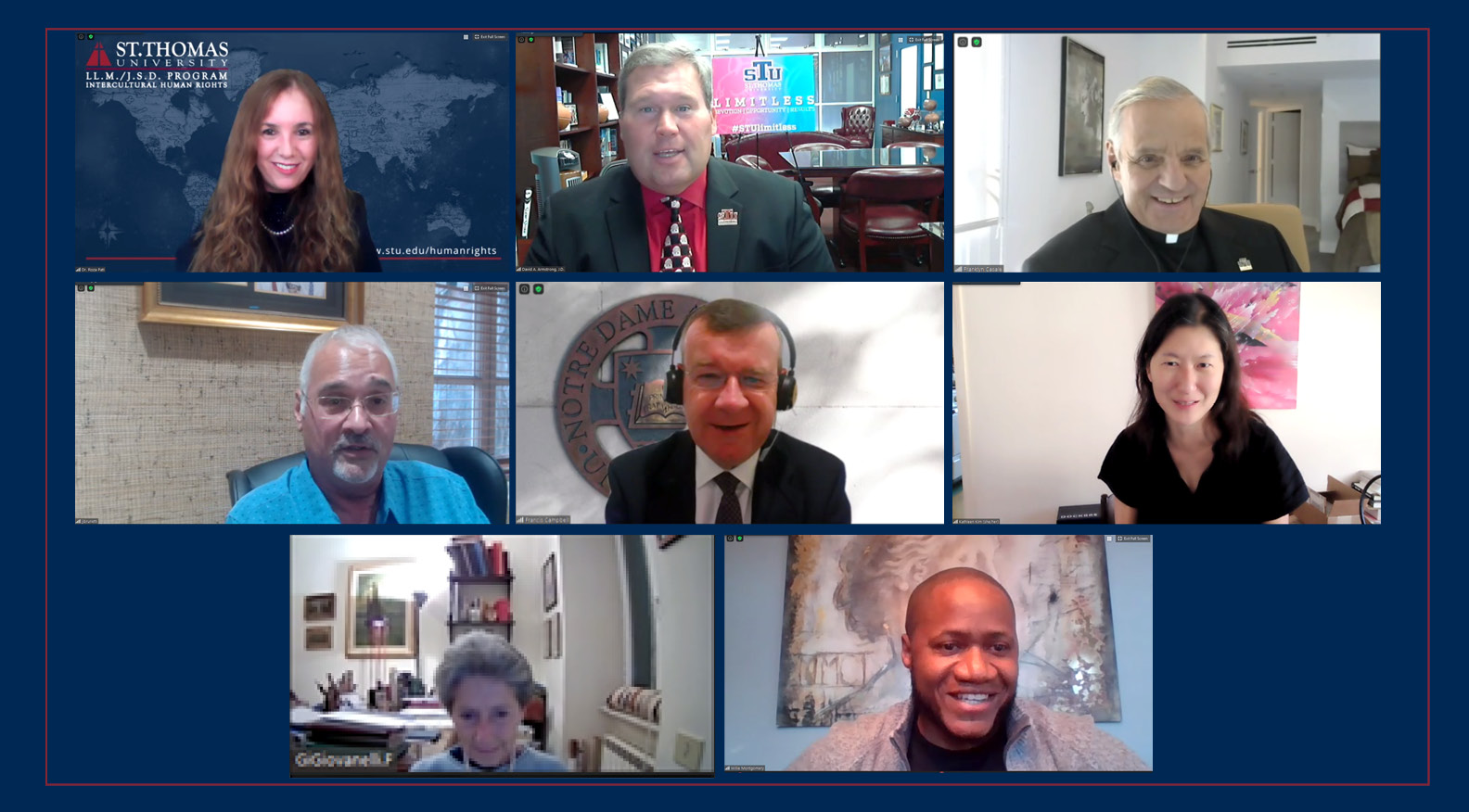
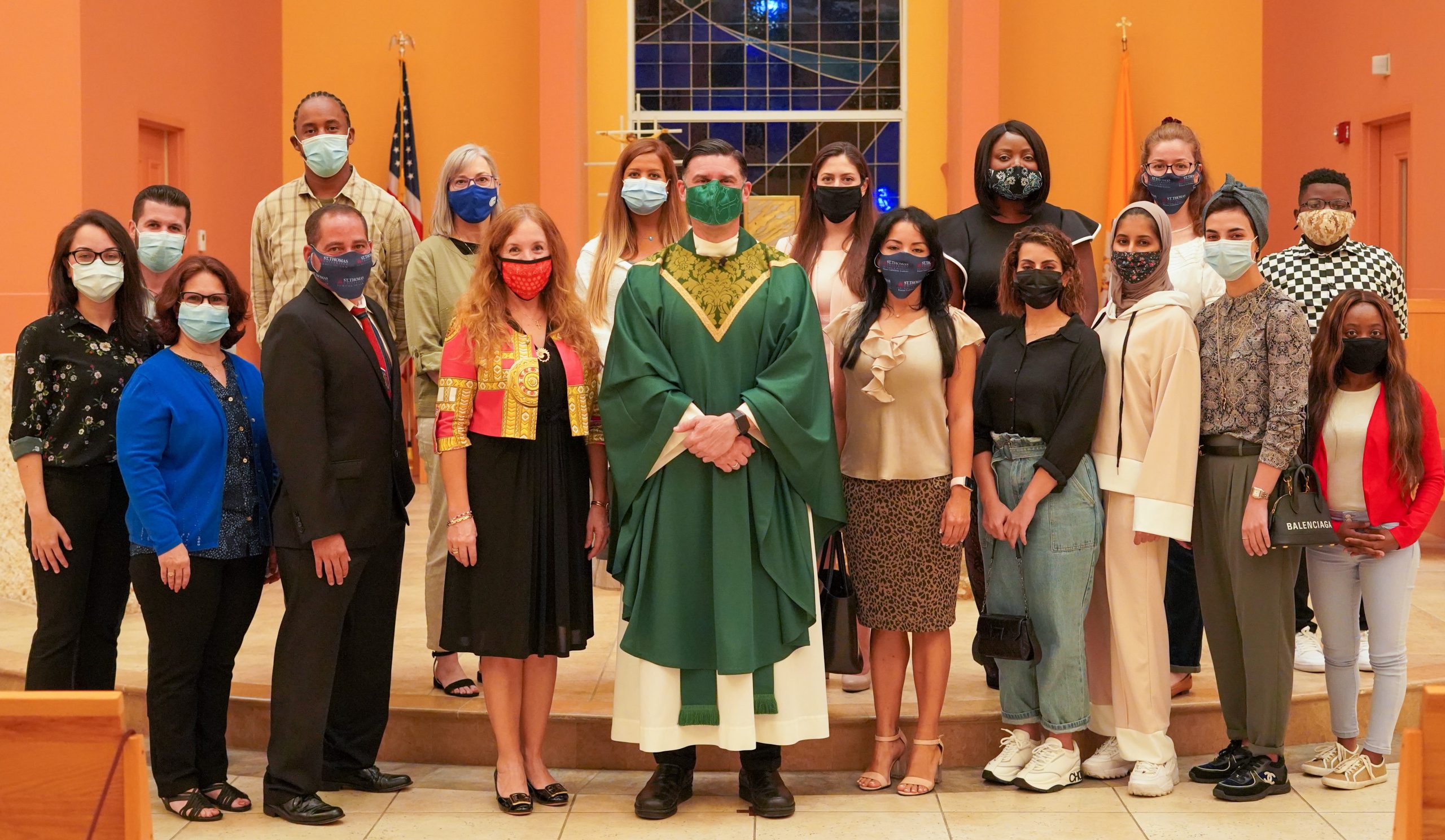
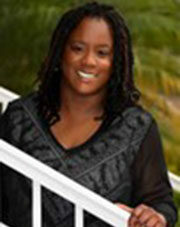 Ramona D. Miller
Ramona D. Miller Detective Krysten Ridenour
Detective Krysten Ridenour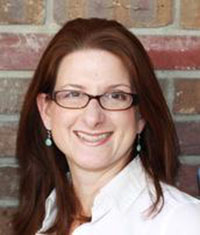
 The Honorable Amira D. Fox
The Honorable Amira D. Fox Juliana Diaz, LMHC
Juliana Diaz, LMHC Crystal Lee Hamilton
Crystal Lee Hamilton Erika Pineros, LMHC
Erika Pineros, LMHC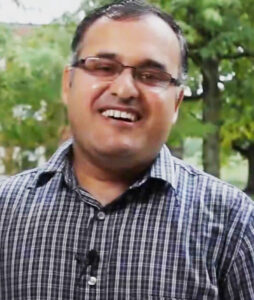 M. Kazam Hashimi
M. Kazam Hashimi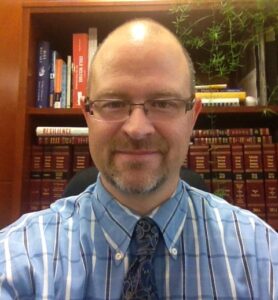
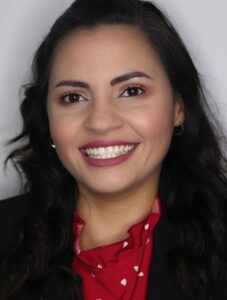 Maryem Reyes
Maryem Reyes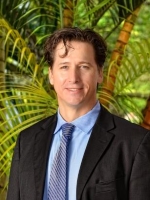
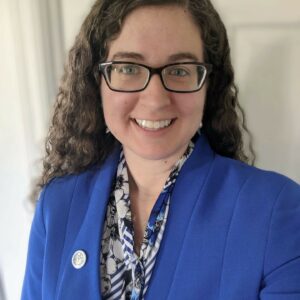 Jennifer Reyes Lay
Jennifer Reyes Lay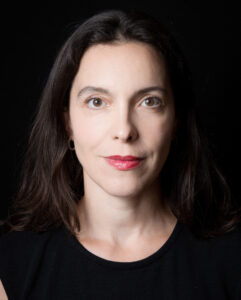 Sloane Davidson
Sloane Davidson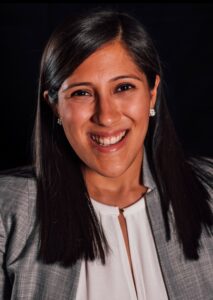
 Ana I. Vallejo, Esq.
Ana I. Vallejo, Esq.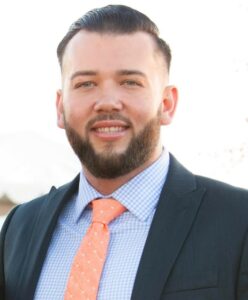 The Honorable Suamhirs Piraino-Guzman
The Honorable Suamhirs Piraino-Guzman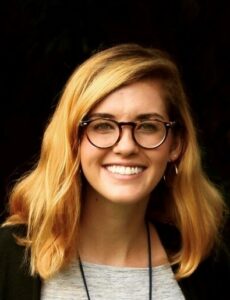 Caroline Chisholm
Caroline Chisholm Imelda Medina, MD, MPH
Imelda Medina, MD, MPH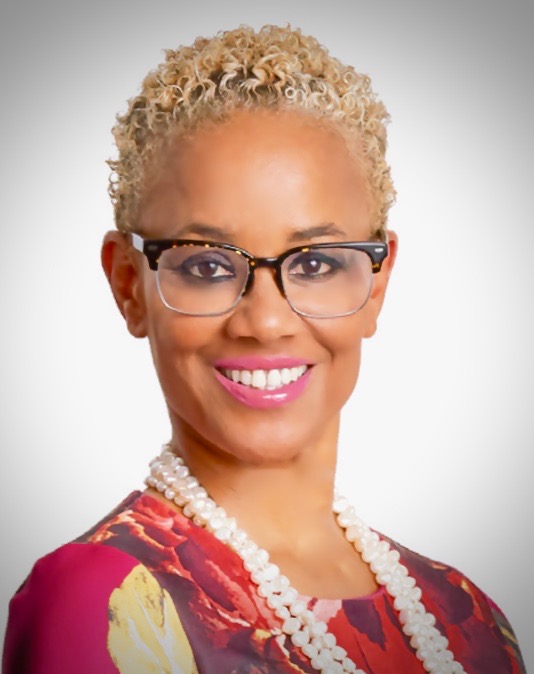
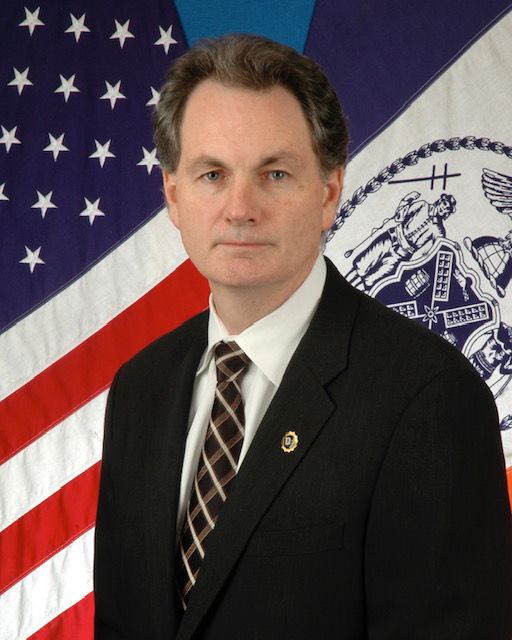
 Kutisha T. Ebron
Kutisha T. Ebron The Honorable Kwami Adoboe-Herrera
The Honorable Kwami Adoboe-Herrera Rebekah Charleston
Rebekah Charleston
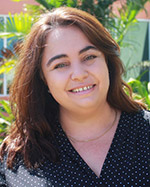 Maria Florencia Cornu Laport, Esq.
Maria Florencia Cornu Laport, Esq.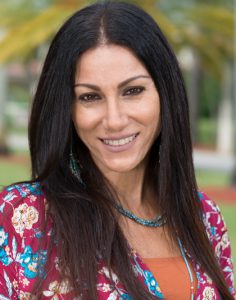
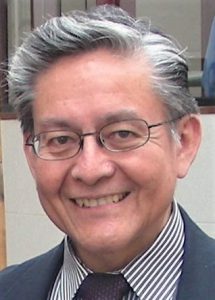
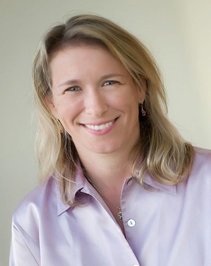



 Maria Vega
Maria Vega




 Gabriela DeBellis
Gabriela DeBellis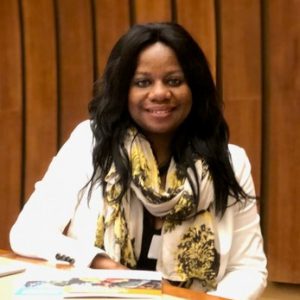 Lerina Bright
Lerina Bright

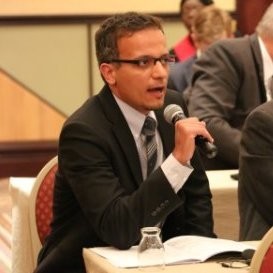
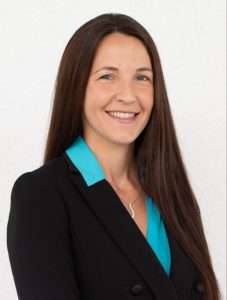
 Ronke Giwa Onafuwa
Ronke Giwa Onafuwa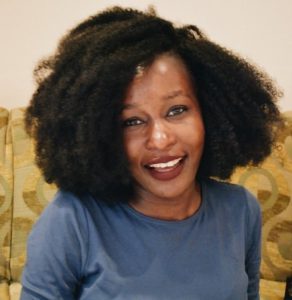

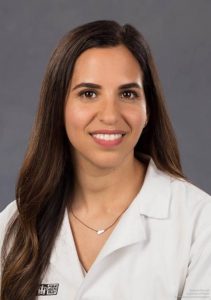


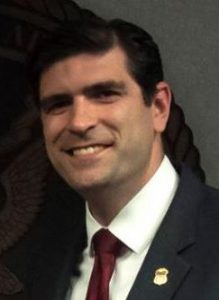

 Myriam Mézadieu
Myriam Mézadieu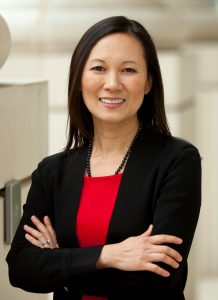 Thear Suzuki
Thear Suzuki Mary Anne Silvestri
Mary Anne Silvestri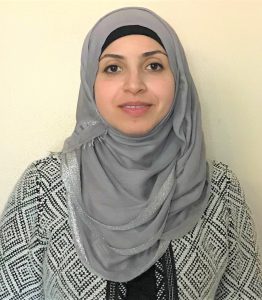

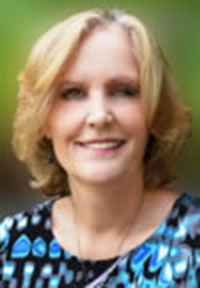 Susan Patterson
Susan Patterson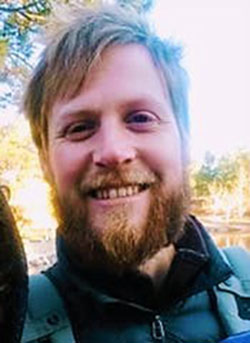 Jordan Bruxvoort
Jordan Bruxvoort